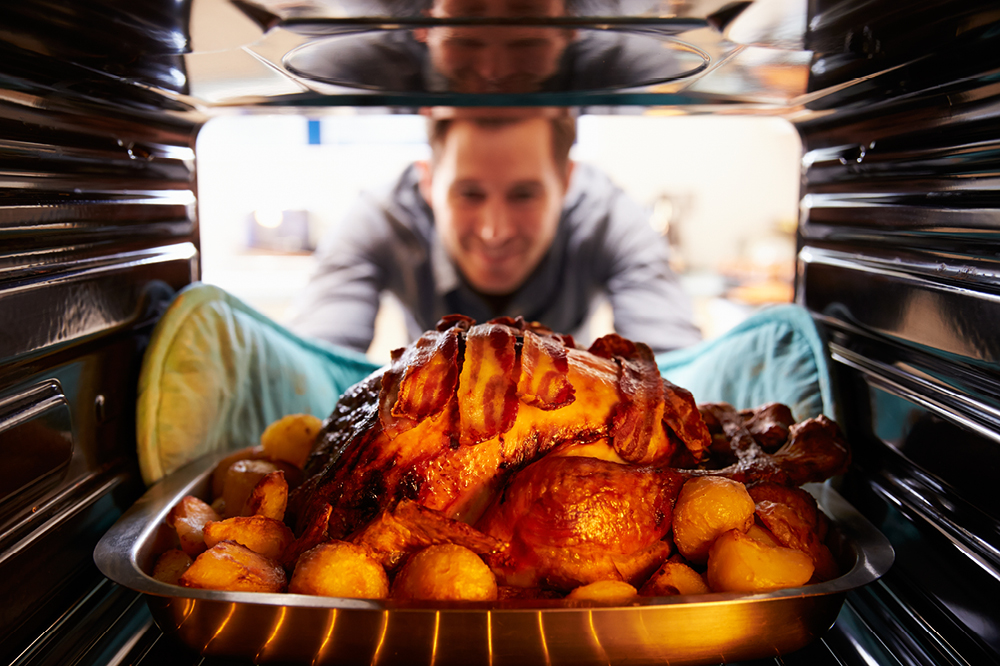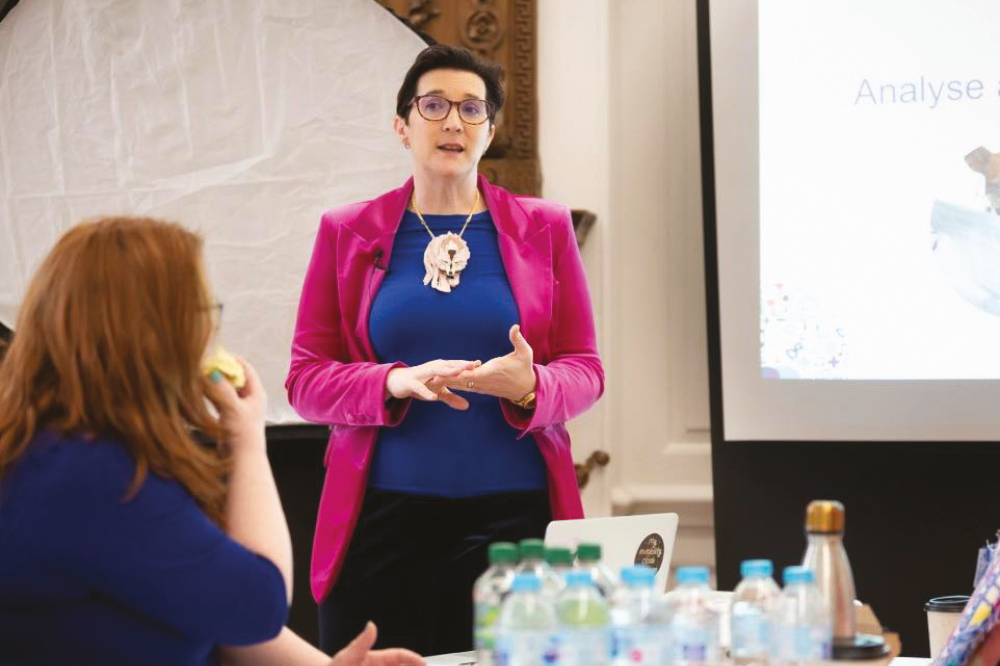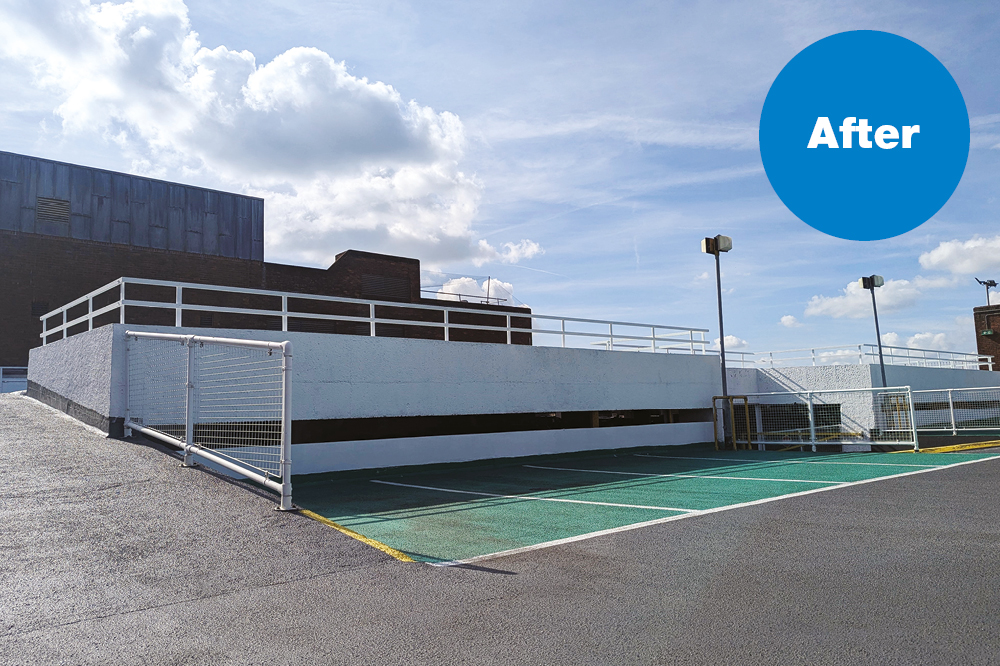Edition: November 2022
With our Environmental Health team’s advice, you’ll waste less and stay well over the festive season.

Make a list (and check it twice)
High five your fridge
Take your time with frozen turkey
Love your leftovers
Read the latest edition
You may also like

The Capitol Refurb
The Capitol will temporarily close its doors from January to November 2026 to undergo a £10.2m refurbishment.

New training business opportunities
Our popular Business Training Programme will soon return in early 2026.

Team effort brings fresh look to our car parks
Members of our Parking Services team have been working hard to improve the look and feel of our car parks.
